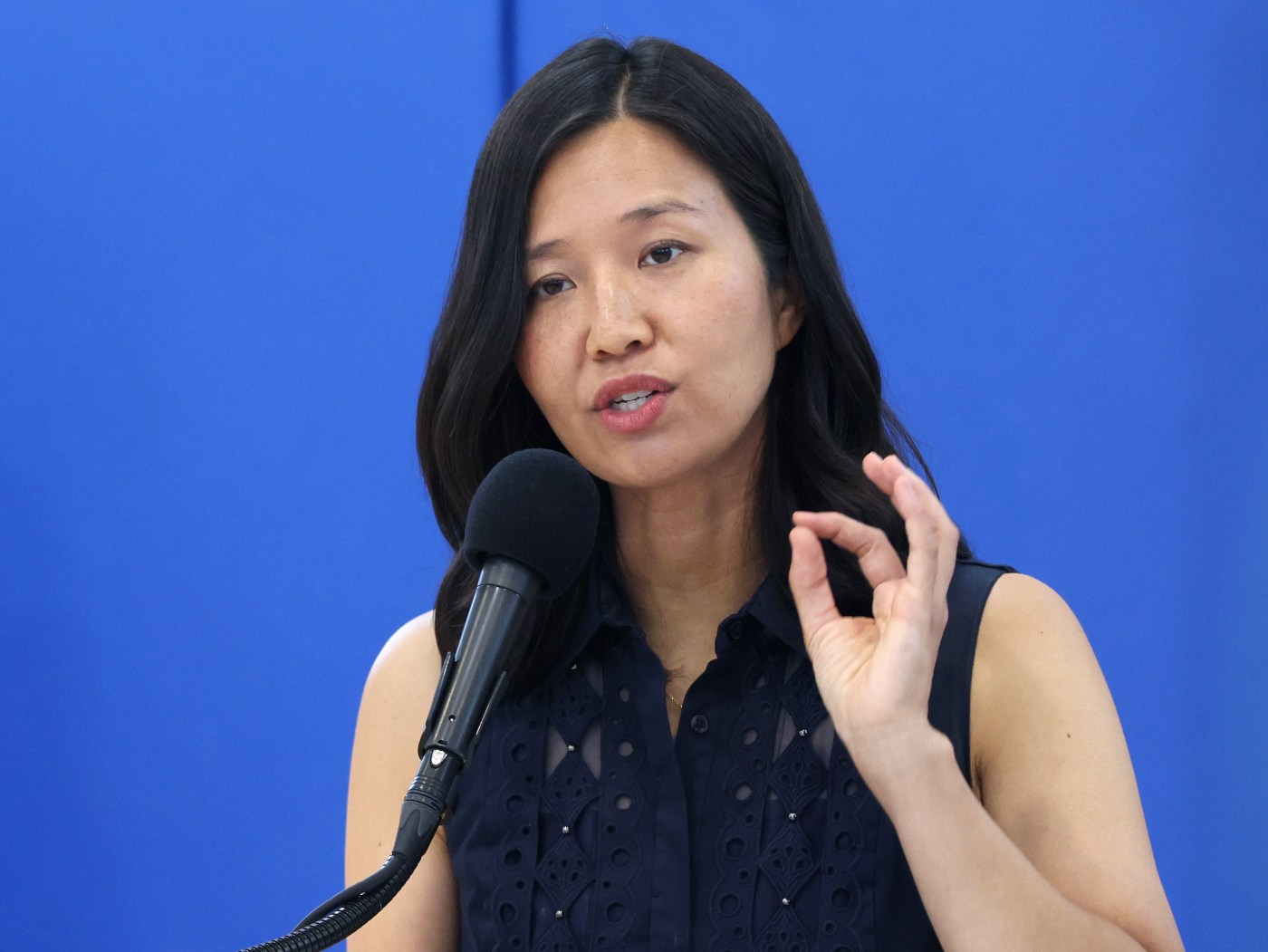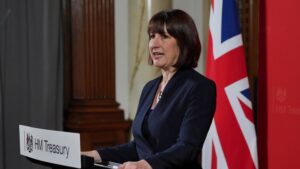
Editorial: Mayor Wu touts small biz, then pulls rug out from under
When Michelle Wu was running for mayor, she stressed the importance of a government that works for everyone, and her experiences fighting against obstacles to get things done.
Today, Wu is the obstacle.
As the Herald’s Gayla Cawley reported, the Boston City council pushed to partially exempt small businesses from the mayor’s plan to hike commercial tax rates. The Wu administration said no deal.
A far cry from this nugget from candidate Wu’s campaign website: “Through my family’s struggles, I’ve seen just how much government matters, and how big of a disconnect there often is when you most need help. Whether it was fighting to get my sisters what they needed in schools, fighting to open a neighborhood small business, or navigating BPS with my own children, we met barriers from city agencies that were supposed to provide support.”
The small businesses having to bear the full commercial tax rate hike would certainly count as constituents needing support.
In 2021, Wu named Segun Idowu as Boston’s Chief of Economic Opportunity & Inclusion. According to the city’s web site, Idowu leads “efforts to advance neighborhood economic development, support business growth and formation, and spearhead reforms to city contracting, all with a goal of closing the racial wealth gap and expanding equitable job and business opportunities for Boston residents.”
On one hand, Wu is all for supporting business grown and closing the wealth gap, on the other, small businesses can’t catch a break when commercial taxes rise.
A report from the 2018 Conference of Mayors concluded that “building capacity among local small businesses and minority-owned businesses has the potential to close the wealth gap.”
What possible reason could explain the Wu administration taking a pass on helping small businesses, and thus assisting wealth-building in Boston neighborhoods?
Because taking action would be too much work.
Chief Financial Officer Ashley Groffenberger said that if the city were to adopt a small business exemption, it would require changes to the bill it sent to the state Legislature last month. It would also require a review of roughly 6,000 commercial properties that are expected to qualify for the tax break, she said.
“This would be a significant administrative lift for the department,” Groffenberger said.
Since when did “it’s difficult” outweigh “it’s worth it?”
Consider the “significant lift” facing small businesses who have to add higher taxes to their already tight budgets. They’re already battling higher prices thanks to inflation, as well as consumers cutting back purchases to cope with costs.
Just surviving is a “significant lift.”
If Mayor Wu is, as she stated during her campaign and touted after taking office, sincere about helping businesses grow and thrive and boosting economic opportunities in local neighborhoods, then giving small businesses at least a partial exemption from higher tax rates should be Job 1.
Editorial cartoon by Chip Bok (Creators Syndicate)


